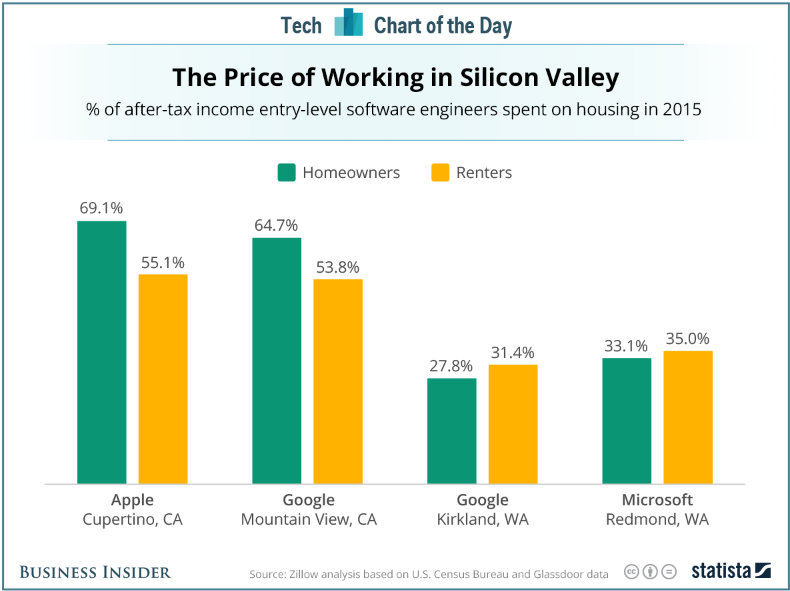This week on Saved by the Bell…
Remember those ‘very special’ episodes of your favorite TV shows growing up? When they took a break from their normal sitcom canned laughs to talk about something serious, like smoking in the bathroom, kissing at the school dance, or cheating on a test!
This week on T3 I’ll give you my take on the biggest news to come out of HR/Talent Technology in a long time! Microsoft’s purchase of LinkedIn sent shock waves across the industry this week. LinkedIn is HR Tech’s favorite punching bag because quite frankly their one of the few super success stories in HR Tech.
Microsoft paid $196 dollar per share for LinkedIn, a massive 50% premium as compared to LinkedIn’s closing price on Friday of $131. That’s the biggest question, why so much?
There is a ton of speculation and we’ll all have fun over the next months and years guessing what Microsoft will do with LinkedIn. History hasn’t been kind to these types of large takeovers. At the beginning, Microsoft has said they’ll let LinkedIn continue to run LinkedIn. We all know that won’t last forever and sometime next year expect to see massive reorganization and layoffs at LinkedIn! That’s just business. When you pay $26.2 Billion for a company, you expect some returns and quickly!
Here’s what we actually know, LinkedIn is in a very unique position in the market, unlike anyone else! Even though 2/3’s of their entire revenue comes from job board type activities (they call them talent solutions), employers still haven’t lost their minds when their employees decide to go on LinkedIn. “It’s only for professional networking!” Yeah, that played well, like five years ago, but now the cat is out of the bag. LinkedIn is full job board 2.0!
I’m not hating! They’re in a brilliant position and one that Microsoft finally found a way to leverage with Office 365. Can you imagine the synergies between the two products? If Office 365 automatically puts the user into a version of LinkedIn, entire organizations will become part of this giant network. If every Office 365 user gets some free premium access to LinkedIn the number of monthly users will skyrocket. We could just go on and on with possible things they could do, all of which will make talent acquisition departments more dependent on using LinkedIn.
Quite frankly I’m surprised it took this long for a major player in the tech space to understand LinkedIn’s unique position within the market. No organization wants their employees on Monster, CareerBuilder, Dice or Indeed. None of them care if their employees are on LinkedIn?!? It boggles the mind that HR and Talent executives don’t get this!
On top of this 60% of LinkedIn’s traffic is coming through mobile, another big win for Microsoft when purchasing what is becoming a full blown social network in LinkedIn. It will be interesting to see how Facebook and Google react. I’ve said all along Facebook could end LinkedIn instantly if it decided to jump into this space. Microsoft might have just kicked a sleeping bear. Facebook has more users, more frequency, and more data. All of which could lead it to open up it’s own ‘professional network’.
Microsoft overpaid for LinkedIn because they have a plan on leveraging LinkedIn’s unique position. Will it work? I don’t know, but it’s going to be fun watching!

